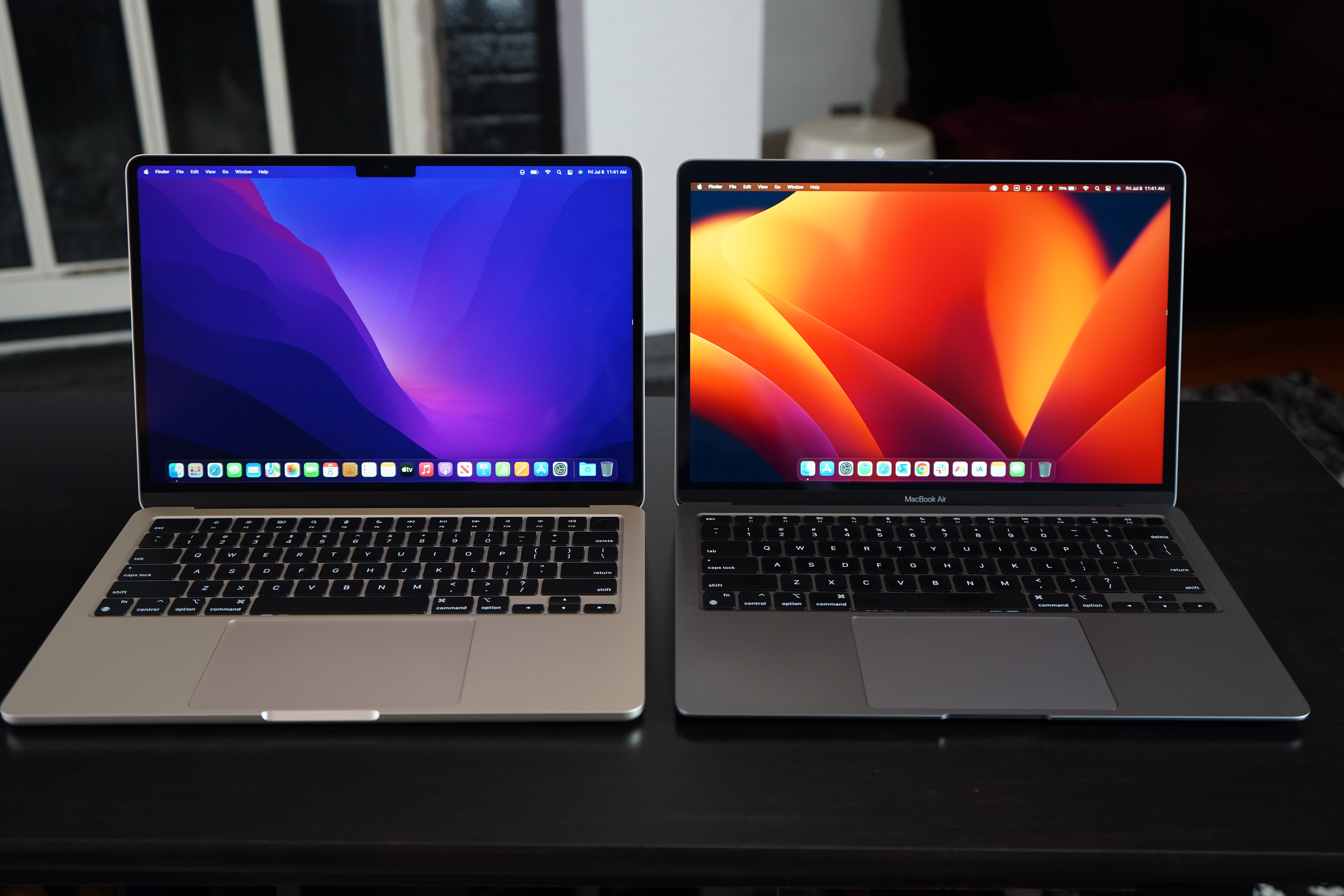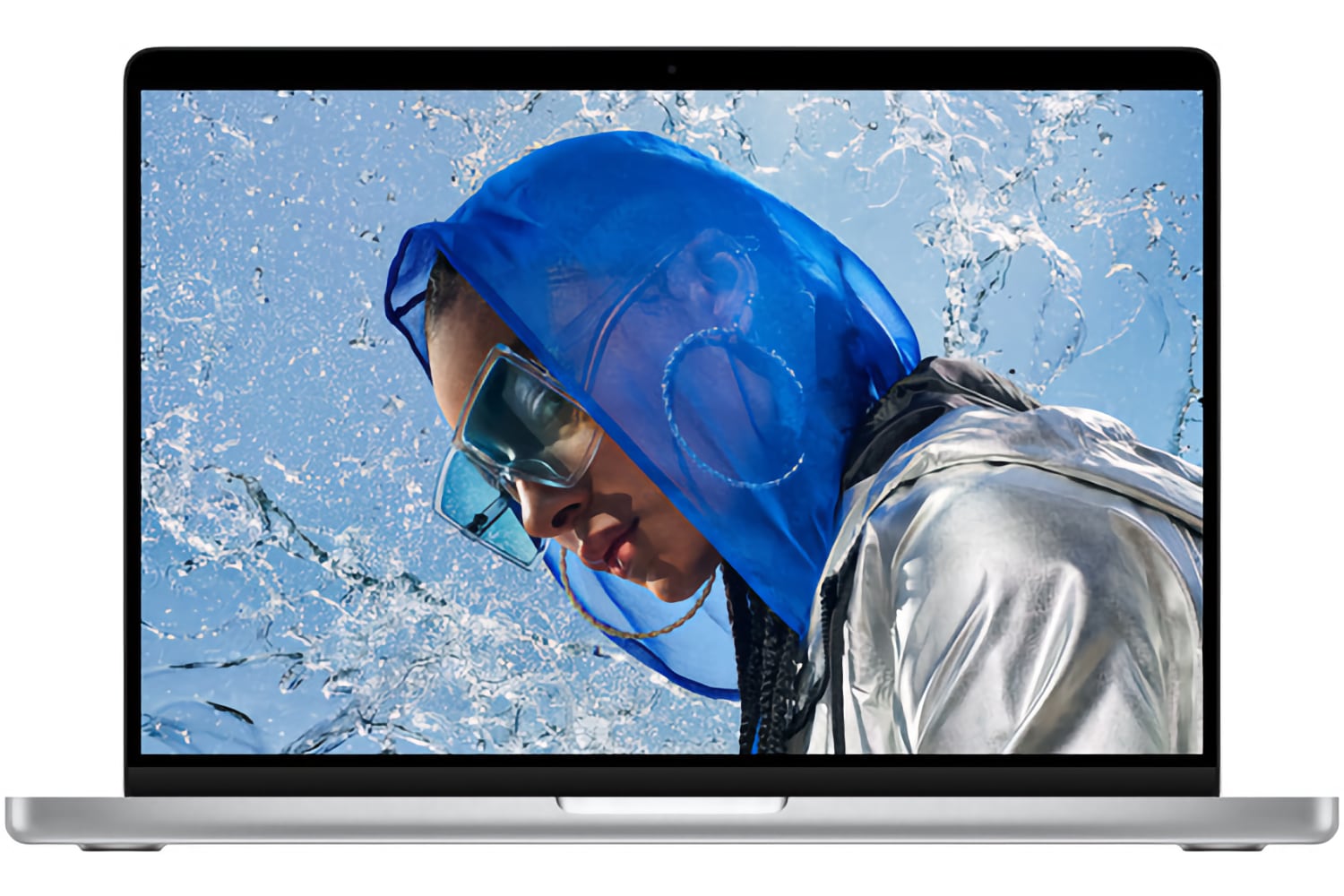Apple’s release of the new MacBook Air was highly anticipated, mostly for two reasons: its highly anticipated redesign and the introduction of the M2 processor, the next generation of Apple’s M-series of chips. As expected, the reviews for the M2 MacBook Air have been favorable, with Macworld’s Jason Cross calling it “a success” and “delightful everyday computer for most users.”
Here’s the thing: we’ve been here before, people. Back in 2020 when the new M1 MacBook Air was introduced, it made splashy headlines with its jaw-dropping speed improvement over the Intel chips as well as the throttling it needed to maintain a proper temperature under more strenuous workloads. In fact, heat has always been an issue with the MacBook Air even before Apple silicon.
It’s the same story, different year. Why is it news all over again? Why didn’t Apple fix the problem? The answer is simple and lies in what the MacBook Air’s intended user.
The MacBook Air doesn’t have any fans built into it. It’s a passively-cooled machine, meaning that it doesn’t use any special hardware to actively cool it. This is done purposefully by design so that the MacBook Air can be thinner than the MacBook Pro. If the MacBook Air starts to heat up, it will throttle performance to maintain a proper running temperature. This is another aspect of the MacBook Air that is by design.
The MacBook Air is also Apple’s most popular laptop because it’s the company’s most affordable one. Its price attracts what we’ll call “casual” users, those who spend most of their time on the web, use productivity apps like iWork or Microsoft Office, stream audio and video either for entertainment or for online meetings, and other productivity tasks that everyone does with a computer. The most stressful work likely involves apps like Photos, iMovie, GarageBand, or some other consumer-level creative software for short stints.
The MacBook Air handles these task without any problems–it’s as fast as the 13-inch MacBook Pro with the same M2 processor. It’s the one most people should buy—add the Air’s redesign and feature set, and we think it’s a better value than the 13-inch Pro. If I’ve just described what you do on a daily basis, the MacBook Air is a better value for you. (There is a separate performance issue with the MacBook Air or 13-inch MacBook Pro with a 256GB SSD that is a head-scratching design decision, but it’s not related to the throttling concerns.)
That’s not to say the MacBook Air doesn’t throttle. It does. But what makes it throttle? Tasks that “casual” users don’t regularly do. For example, one report of the Air’s severe throttling involved an export of 8K Canon RAW video. You know what produces 8K Canon RAW video? Cameras that are priced over $4,000. You know who works in 8K Canon RAW video? Video professionals. You know what Macs they buy? MacBook Pros.

The MacBook Air throttles when doing CPU-intensive tasks that are often done by users doing “serious” work, often in a professional setting. This is by design. If you’re using a MacBook Air and you are often rendering 8K RAW video, or producing lengthy high-resolution videos in Final Cut Pro, or professionally making music, or doing whatever it is that you do that taxes the CPU all the time and you get frustrated by it, you know what? You’re using the wrong tool for the job. You should be using a MacBook Pro.
If you insist that Apple fix the MacBook Air instead, ask yourself, if you’re willing to spend on equipment to produce the content you want, why are you skimping on the MacBook to do the finish the job?
Headlines that grab you
A lot of these reports that use screaming headlines about the issue do actually point out that you have to be doing something atypical of a casual user to get the MacBook Air to throttle. But there are also a lot of reports that gloss over the fact that you’re probably not going to render a 60-minute 4K video in Final Cut Pro while you have 20 tabs open in Safari and you’re sorting your FileMaker Pro collection database of 10,000 gemstones. And when they gloss over this, it makes it seem like it’s an issue that affects everyone.
As someone who works in media, I admit, we’re in a battle for your attention, and some outlets are more willing to exaggerate in their headlines than others. (And yes, Macworld is guilty of this too. I hear about it in your emails and tweets.) But most outlets do clarify in its content who the intended user is for the MacBook Air.
The fanless MacBook Air is by design–Apple isn’t overlooking anything. Its target user is “the rest of us,” everyday users with productivity tasks to get done. The MacBook Pro is for users who are demanding of processing power. Get the right Mac for what you want to do.
14-inch MacBook Pro (2021)

RRP:
£1,899 (8-Core CPU, 14-Core GPU, 16GB RAM, 512GB SSD); £2,399 (10-Core CPU, 16-Core GPU, 16GB RAM, 1TB SSD)



